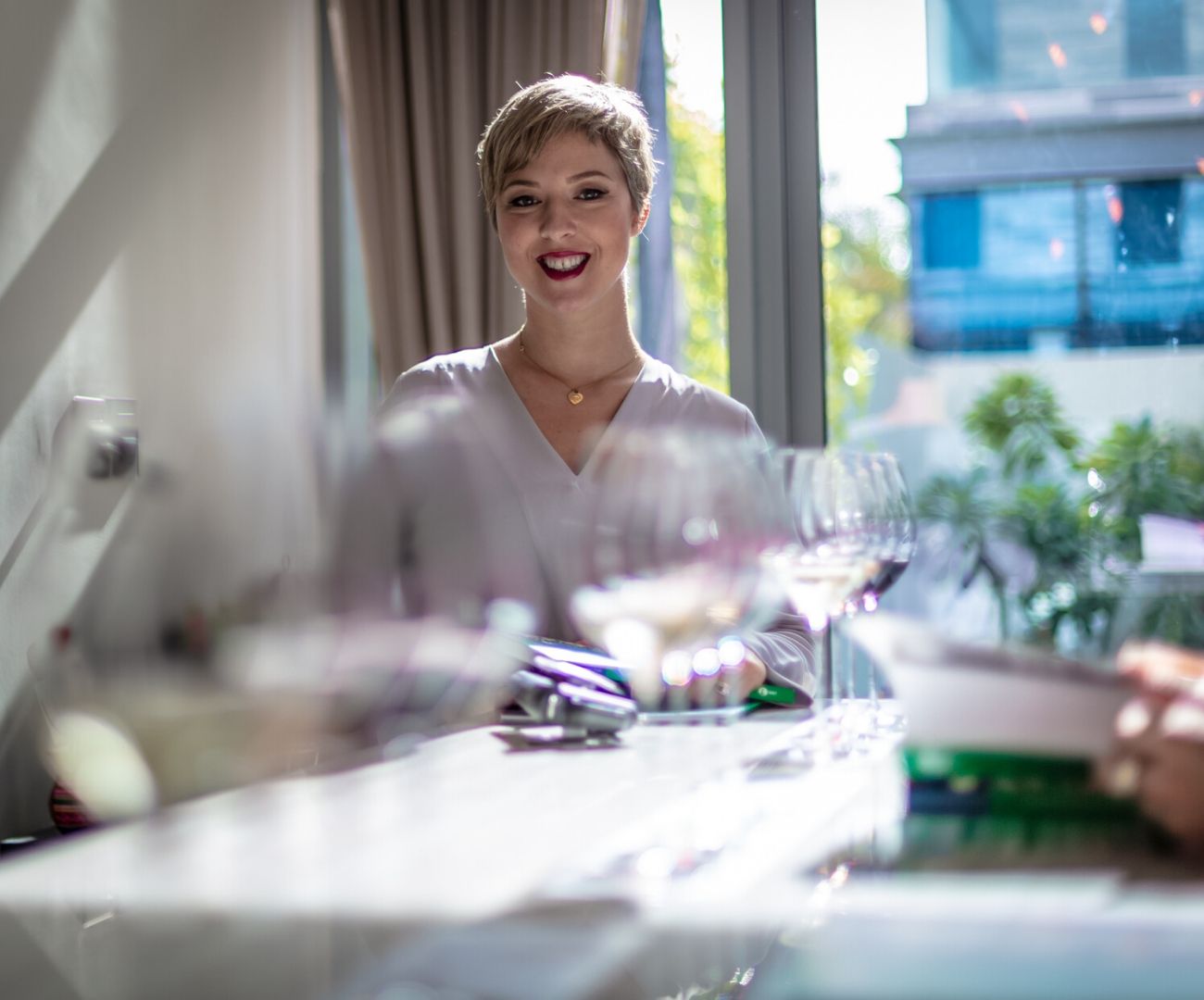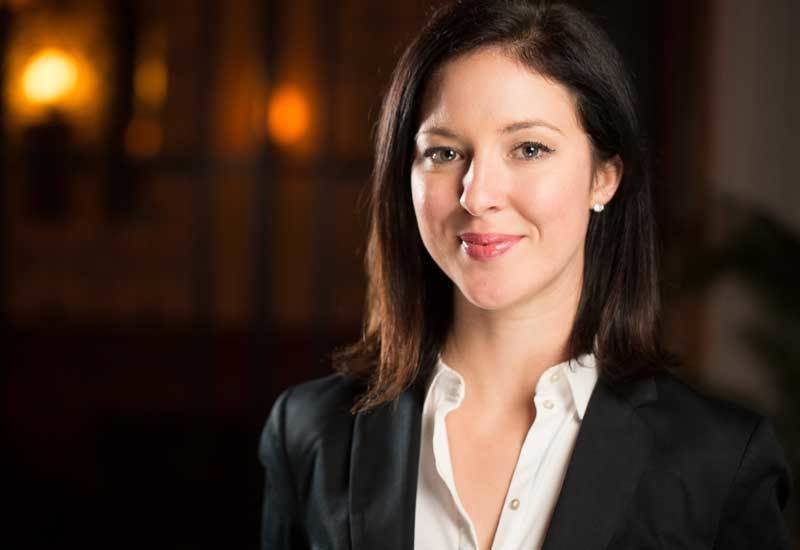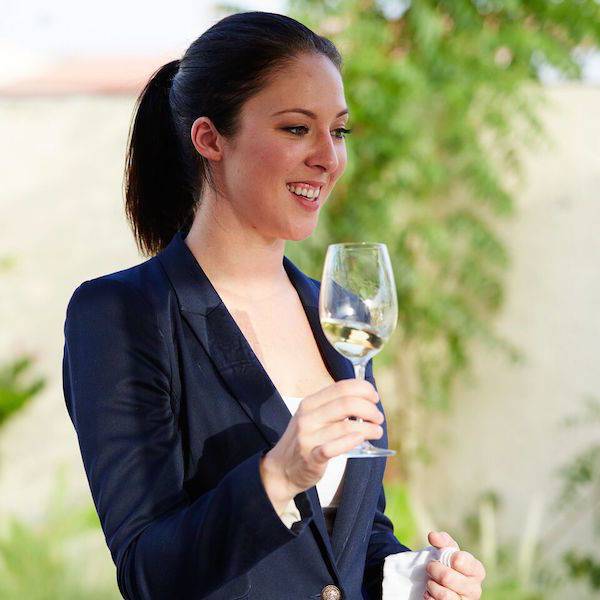How best to use a Sommelier
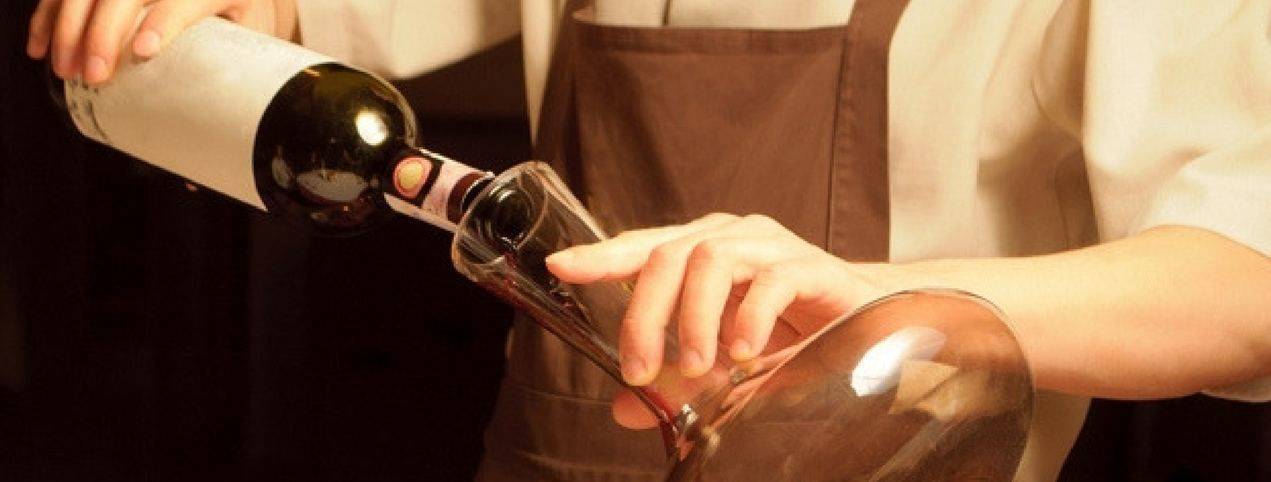
The Tasting Class’ tips on how to use a sommelier
Perhaps it’s the suit, or the aloof, mildly metrosexual air many in my profession seem to adopt, but people seem somewhat terrified of the Sommelier – which is a shame, as there are few professions that exist solely to help you have a good night – Bartenders, Sommeliers and Uber drivers to name just a few.
Part of this is a fear of publicly discussing wine, or of somehow being made to look stupid, or talked into something so crucifyingly expensive your lip will tremble like a nudist on a Norwegian camping holiday when you glimpse the price tag. However there is nothing to fear and everything to gain by consulting your Sommelier as they have literally thousands of hours of highly specific information locked away in their grape-obsessed brains just waiting to be unlocked.
Saying that however there are certain things that will help you get the most out of the experience. Here are some tips on how best to use a sommelier.
Keep an open mind
It’s fine to have wine preferences, we all do, but opening yourself up to something new is part of the fun. So where to start? Should you tell your sommelier what you’re planning to eat? Or what you usually enjoy? Or what you haven’t liked in the past? In all honesty, however you want to describe your need is fine. Sommeliers are usually challenge junkies, approaching a recommendation like a complex puzzle with multiple moving parts – the flavours of the food, the qualities of the wine, all combined with the strange and complicated workings of a human’s taste buds. The more information you offer the better, it’s a sommeliers job to figure it out.
Communicate the budget
There’s a common misapprehension that Sommeliers are only interested in pimping the really expensive stuff, however price is actually a fair part of choosing a successful wine. If all it took were a quick point at the wine with the most zeros then it wouldn’t require years of training, and while it is true some Sommeliers are under pressure to shift the top-end stuff, most are too professional to succumb to it. First and foremost they’re there to make sure you’re happy with your dining experience. If in doubt ask yourself this – who is the more valued customer? The one who keeps coming back for more, or the one who got saddled with an unnecessarily expensive bottle, felt ripped off and never returned?
How then to convey what you’re happy to pay? Well if you’re OK talking about it with your group then just come out and say it, that way we can focus on getting you the most bang for your buck. However if you’re on a date, or dining with work colleagues and don’t feel comfortable vocalising it, then just point discreetly to the area of the list you’re most comfortable with and we’ll take it from there, as reading subtext should be included in the exams. And remember, sommeliers work in the hospitality industry, so probably aren’t in it for the money. They know where to find a bargain, and it’s knowledge they’re only too happy to pass on.
Pairing wine with food
People tend to judge wine by how it drinks on its own, but when pairing wine with food it really pays to trust your sommelier, as both wine and food have a staggering impact on each other, creating complex chemical reactions in your mouth. You might adore a big Cabernet, but if you’re eating seafood it will have a decidedly negative effect, as the wine and food won’t be pulling equal weight – the wine might overpower the food making it seem less fresh, whilst the food will make the wine feel heavy and astringent. A good pairing however can take a meal from good to great in the blink of an eye, and make it far more appealing than the sum of its parts, with something left field like Grüner Veltlinr, though occasionally hard to drink on its own, simply amazing with the right food.
Tell your sommelier how you feel
Finally, it can be just as helpful to let a sommelier know how you’re feeling as what you’re eating. “It’s a beautiful day outside and I want something to go with that.” To which I’d suggest a Beaujolais or a delicate Provence Rosé. Or, ‘I want a big beautiful, glass of red that I can lose myself in for about three days.” To which I’d probably offer up a good Bordeaux. I once had a customer describe their emotional state in vivid detail – strung out, mildly depressed, some twangs of gnawing despair, to which I recommended either mood-lifting bubbles, or a nice, chubby Barolo, which is like Italian Prozac and whilst not solving the inner problem, is highly unlikely to make matters worse.
Whatever your price, whatever you’re eating, The Tasting Class hopes you have a great night.
